Sara,
In the last few years, you’ve started to refer to yourself as old. As your twin, I take offense. When you call yourself old, you’re calling me old, and honestly, I don’t feel old. If anything, I am horrified to admit that I feel like I am getting younger. I’m certainly dressing like it. An oddity to aging as an identical twin is that you see yourself age in the mirror, but also in the face of your other half. And I think we look pretty good — young even. At eighty years old, Gramma told me when she looked in the mirror, she was surprised to see she was old. Inside, she said, she felt eighteen. Internally, I’m hovering somewhere between eighteen and twenty. (Yes, that is a Nineteen joke).
Here in Calgary, on the set of our tv show, I notice you call yourself old more than usual, perhaps because so many of the people we spend our day with are younger than us, some by twenty years. But it started years ago. I noticed you doing it when we were meeting with our record label before our last release, you did it in the press during interviews, with friends, with family, and even with me. It was like a tic, something you couldn’t control. Lately, you seem determined to highlight the fact that you feel old as often as possible, and I want to defend us each time you do it. Is it a joke? Or do you really feel old? Are you doing it to get people to tell you you’re young? That you look young? Because you do. The real reason I’m asking is that recently I have caught myself doing it too. And I’m wondering why. We’ve been looking backward for years, reversing down the spine of our lives toward adolescence in our work, and I wonder if that exploration makes us feel older than we are, like we’ve lived more life than we have.

I never thought much about age until I turned thirty. That’s when journalists started to ask us if we were going to slow down, stop touring, and have kids. I had no intention of slowing down at thirty, or having children, and said as much when I was asked. Our thirties ended up being our busiest decade to date; our ambition was at an all-time high. At forty-one, I admit, I have started to think about touring less. These five years we’ve had mostly off the road have made it hard for me to imagine leaving for months at a time to tour. I don’t want to abandon what I’ve built at home, and I still feel very ambitious, but for so many years there was so little to come home to, so little time at home, and I want to be sure I’m appreciating it and caring for it properly. I don’t want to lose it or waste it. I used to worry if we weren’t constantly touring, everything we had built would disappear; I wanted to tour constantly and yet was debilitated with homesickness. Somewhere along the way, in the last few years, it flipped. I trust we won’t lose everything if we aren’t constantly maintaining it all the time. I think it was staying home to write High School that taught me that. I was actively working and inspired for a year straight, realizing I could be creative, satiate my needs, and still sleep in my own bed. My priorities changed, but did it have to do with getting older? It hadn’t occurred to me until recently, hearing us reflect on our age so much.
The more years that speed past, the more I don’t care about age — mine, or anyone else’s — but I do think about time. And if we are middle-aged like you often joke, then half of my time is gone, so how will I choose to fill the remaining half? I don’t know yet, but I know it’s not going to look the same as the first half, it can’t. I don’t imagine slowing down anytime soon, but I don’t know if I need as much as I once did, or if I need the same things. I don’t know if I like the attention, the pressure, or the responsibility of building a public persona anymore. I don’t like being told what to do, or getting up early, or feeling run down all the time, and I know that I don’t want to sleep two hundred nights a year in a hotel room or on a tour bus. I think I’m afraid to admit that I like living on a remote island, that I want to read more and travel less, that I crave my friends and my family, not a crowd. I don’t feel competitive the way I once did. I mean, I want Georgia to be the best-trained dog on earth, but I don’t care if anyone remembers us as the best band or for having the best album. I don’t care about being famous, or popular. I don’t know if I ever really did. I never felt entitled to a big life and feel embarrassed sometimes when I take stock of what I’ve accomplished and accumulated so far. Do I really deserve more? Need more?
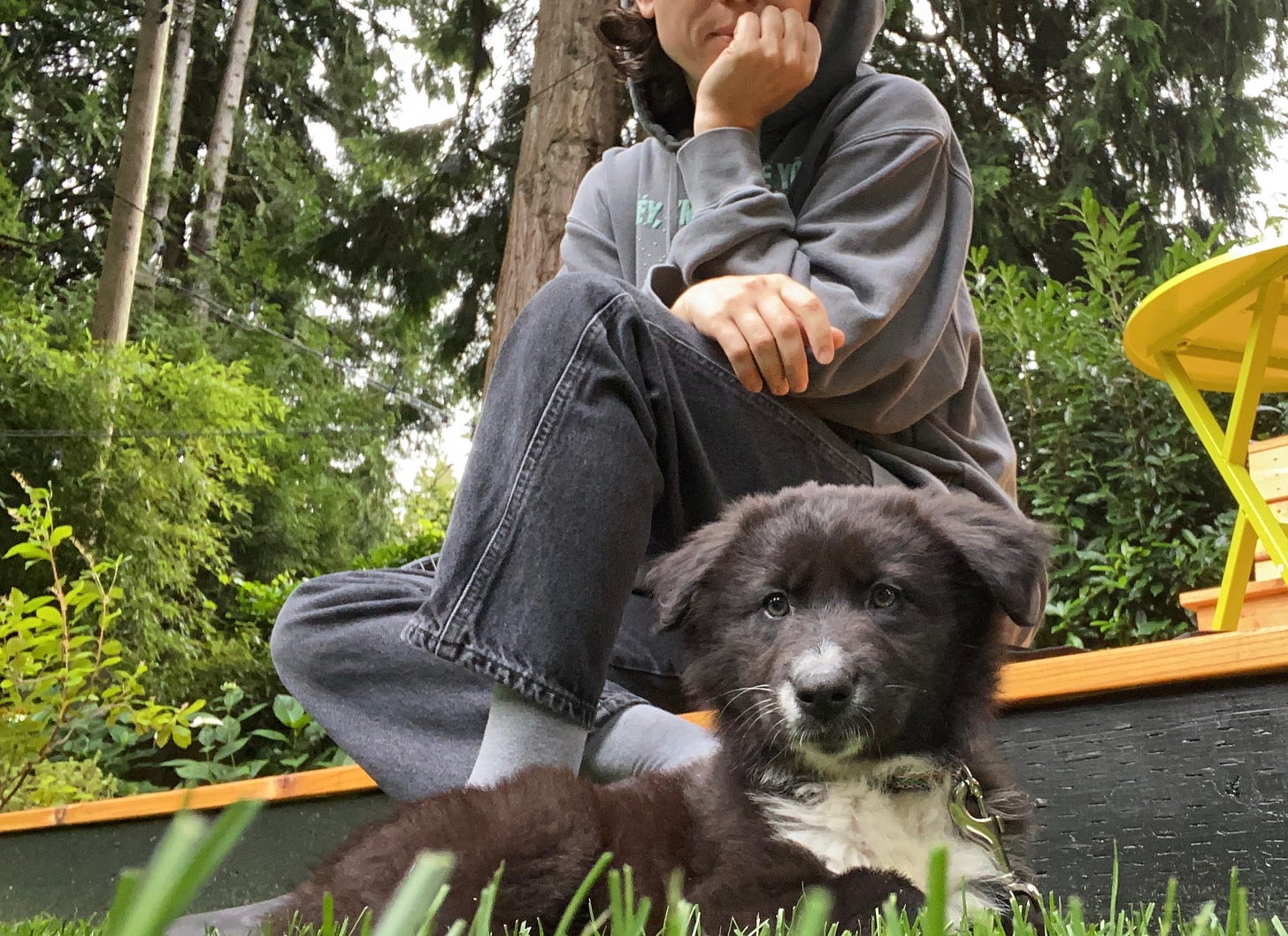
As we prepare to release a new album, and a TV show, launch a tour and put our first graphic novel out all in the next year, I’m finding it exciting and challenging to imagine how to do it all differently than we have in the past. But also, how to think about it all with a fresh approach. I am assigning value to new things and considering how that will change my priorities going forward with our career. I imagine you are doing the same. Your life has changed too. Your priorities are evolving. Is that why we’re calling ourselves old so often? Is it just us externalizing that we are grownups after being submerged in adolescence for so many years? I wonder when we say we feel old, if we really mean we feel mature? I looked up the word and resonated with this definition: having reached an advanced stage of mental or emotional development characteristic of an adult. Careful and thorough.
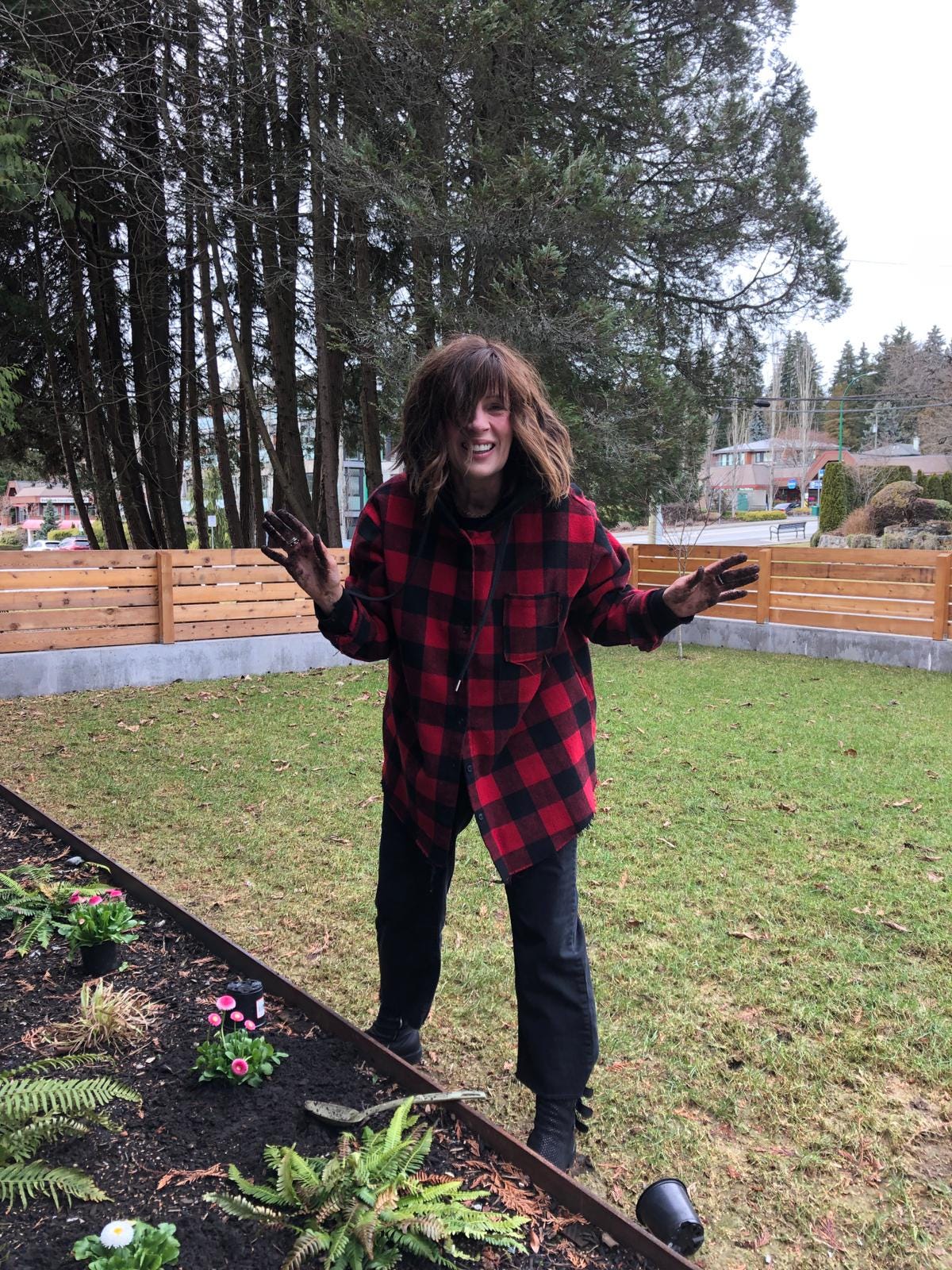
I might stop myself next time I want to say I’m old and articulate that instead. Because when I hear our record it feels relevant and youthful. When I listen to you talk about the world, you sound knowledgeable and vibrant. And when I look in the mirror, I still look young, and so take my word for it, you’re not old. Next time you want to say you’re old, say you’re in your prime. Say you’re peak maturity. Or, better yet, say you’ve reached an advanced stage of mental and emotional development.
Tegan

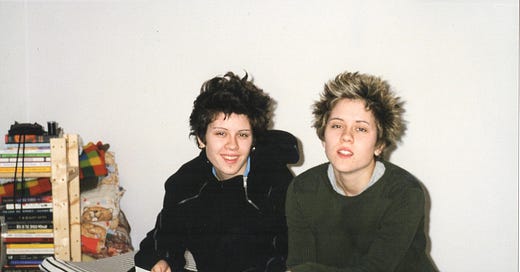





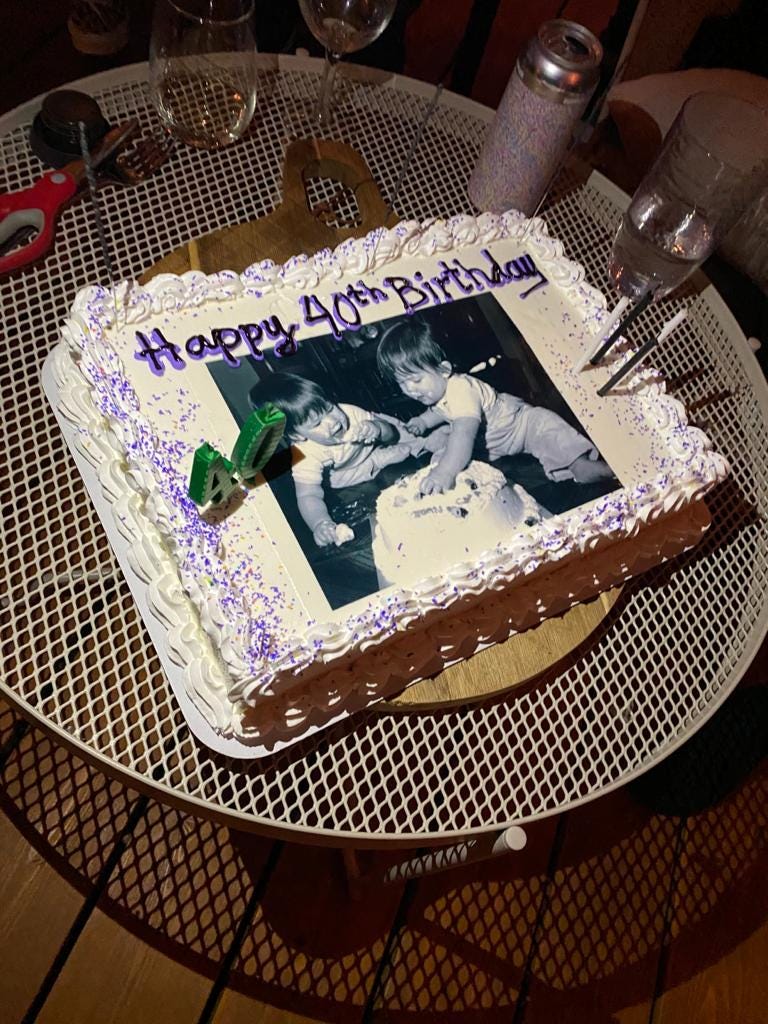



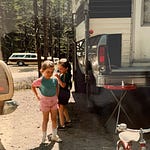

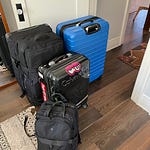
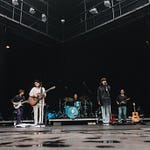


Share this post